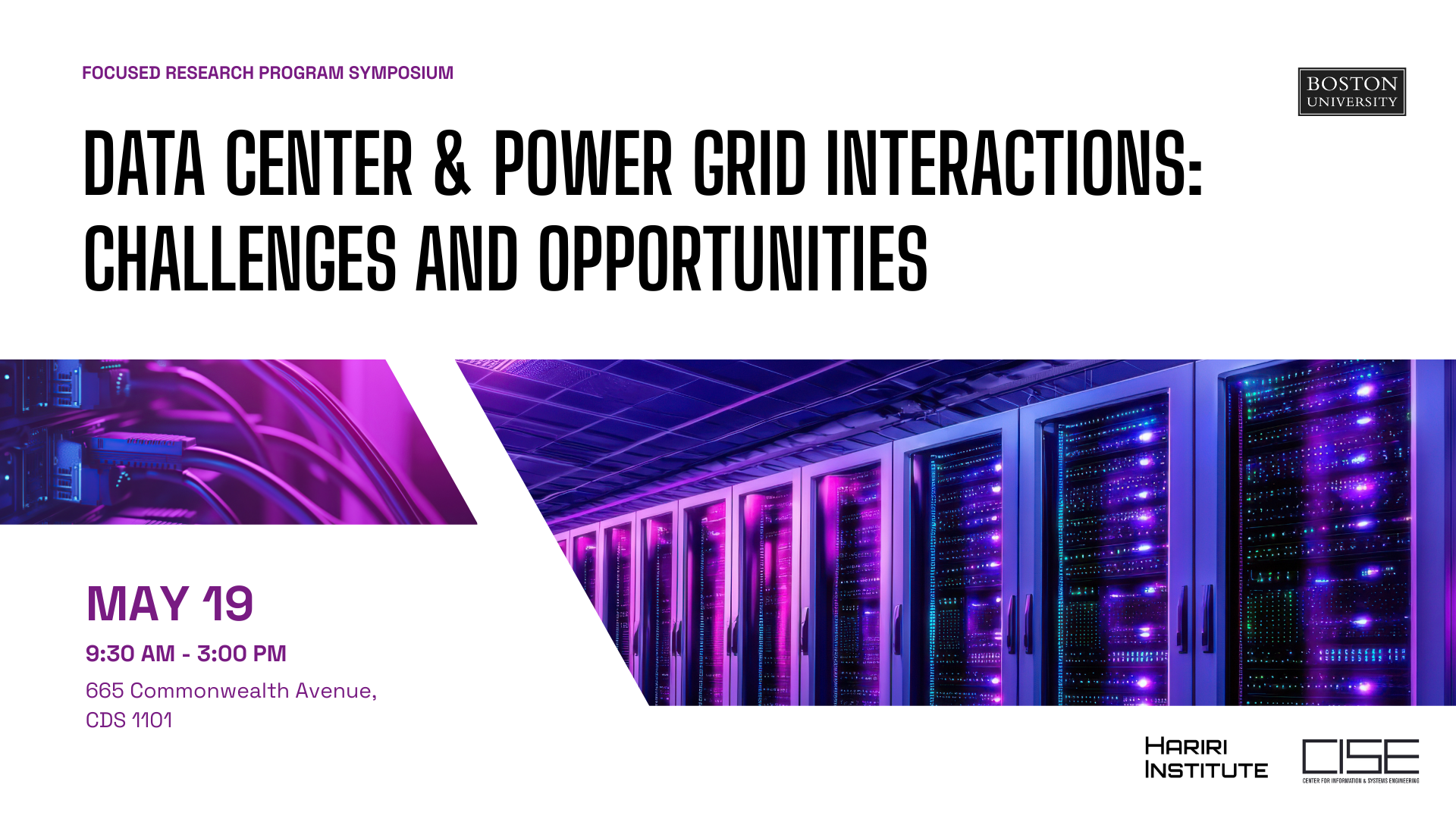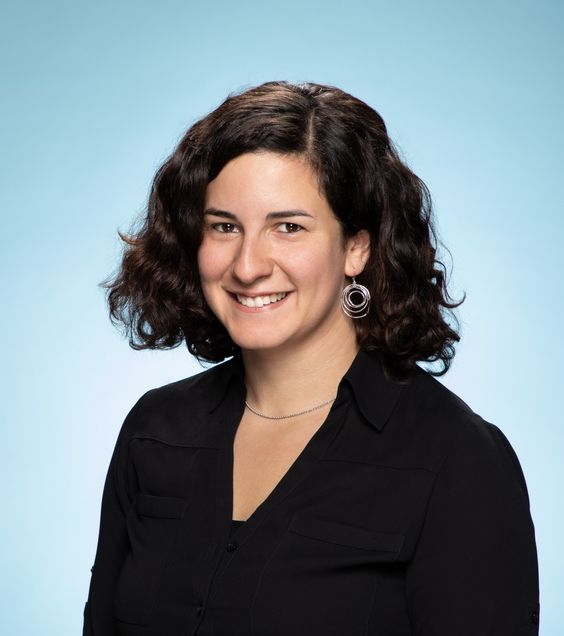Data Center and Power Grid Interactions: Challenges and Opportunities
This Focused Research Program Symposium is co-sponsored by the Hariri Institute for Computing and the Center for Information and Systems Engineering (CISE).
Date: Monday, May 19, 2025
Start & End Time: 9:30am – 3:00pm ET
Location (In-person preferred, virtual on request): Boston University, Duan Family Center for Computing & Data Sciences, 665 Commonwealth Ave, Room 1101 (11th floor), Boston, MA
Logistics Information:
Location (only in-person)
Boston University, Center for Computing & Data Sciences, 665 Commonwealth Ave, Room 1101 (11th floor), Boston, MA. (To access the upper floors, please use the elevators near Saxby’s café.)
Public Transportation
Due to limited parking & potential construction, we encourage public transportation. MBTA Green Line B branch, as well as a few minutes walking distance from stops on the C (St. Mary’s Street) & D (Fenway) branches.
Parking
On-street, two-hour meter parking is limited & available on Commonwealth Ave. There is free two-hour parking on the side streets.
Hotel Suggestions
Below are our recommended hotels for participants attending the event. We suggest making reservations as early as possible to secure your stay.
• Hotel Commonwealth (866-784-4000) is a 10-minute walk.
• Eliot Hotel (1-800-44-ELIOT) is a 15-minute walk.
• Hyatt Regency Cambridge (1-800-233-1234) is a 5-minute taxi across the river.
Boston University Wifi
The BU Guest network allows visitors to access the Internet through BU’s wireless network. Please note that personal wireless access points are prohibited on the BU network because they interfere with network traffic. To access BU Guest (unencrypted): Connect to the network called “BU Guest (unencrypted)“ from your list of available networks.
Zoom Link
Zoom participation is available to those who requested in advance in the registration prompts. See below the zoom login details.
Join Zoom Meeting Link:
https://bostonu.zoom.us/j/91760201329?pwd=e64wbSfrVRlHMel4VwlPmvkOIeQx9i.1
If the link above does not work, please manually use the Meeting ID and Passcode below. Further questions or issues, please email ktd@bu.edu.
Meeting ID: 917 6020 1329
Passcode: 668381
Symposium Mission:
As AI-driven systems and data center infrastructure continue to expand at unprecedented rates, their energy demands and environmental impacts pose critical challenges for sustainability, efficiency, and grid reliability. This symposium will explore emerging frameworks for privacy-preserving, collaborative energy analytics that enable data centers to optimize electricity use and participate in demand response without compromising sensitive operational data. A central focus will be on advancing secure and effective data sharing practices that foster deeper collaboration among data center operators, grid stakeholders, and researchers—essential for building accurate models, forecasting energy demands, and designing fair and informed sustainability standards. Drawing on interdisciplinary advances across computing systems, power systems, optimization, and cybersecurity, this event will highlight new methods for coordination that support scalable, AI-enhanced solutions. Through expert talks, panels, and collaborative discussions, the symposium aims to catalyze cross-sector partnerships among academia, industry, and government, and to chart a path toward transparent, equitable, and energy-efficient digital infrastructure.
BU Hosts:
Program:
9:30 a.m. – 9:45 a.m.: “Welcome and Opening Remarks” with Ayse Coskun, Hariri Institute Core Faculty, Director of CISE, and Professor (ECE)
9:45 a.m. – 10:15 a.m.: “Foundation Models for the Electric Grid” with Hendrik F. Hamann, Professor at Stony Brook University and AI Chief Scientist at Brookhaven National Laboratory in Environment, Biology, Nuclear Science, and Nonproliferation
10:15 a.m. – 10:45 a.m.: “DCFlex: Potential of Data Center Flexibility as a Grid Resource” with Anuja Ratnayake, Emerging Technologies Executive
10:45 a.m. – 11:15 a.m.: “Grid-Aware AI: Operational and Market Strategies for Large-Scale Data Centers” with Vladimir Dvorkin, Assistant Professor of Electrical Engineering and Computer Science at the University of Michigan
11:15 a.m. – 12:00 p.m.: Panel Discussion, “Intersection of AI, data centers, and power grid: Can we build collaborative optimization among data centers and power grid operators? ”
• Moderated by Emiliano Dall’Anese, Associate Professor (ECE, SE)
• Panelists: Keith Benes, Former Senior Advisor, DOE Office of Policy; Tongxin Zheng, Chief Technologist, ISO New England, Inc.; Ayşe Coşkun, Chief Scientist at Emerald AI, Director of CISE, Hariri Institute Core Faculty, Professor of Engineering (ECE, SE); and Barry Ahern, Director of Transmission Planning, Asset Management and Engineering for National Grid in New England.
12:00 p.m. – 1:00 p.m.: Lunch
1:00 p.m. – 2:00 p.m.:
• Breakout Session 1, location 1101 : “Building a Data Sharing Platform for Data Center Energy Consumption” led by Adam Smith, Professor (CS), and Ajay Joshi, Professor (ECE)
• Breakout Session 2, location 1646 : “Data Center and Grid Collaboration: Immediate Opportunities and Challenges” led by Ayse Coskun, Hariri Institute Core Faculty, Director of CISE, and Professor (ECE), and Emiliano Dall’Anese, Associate Professor (ECE, SE)
2:00 p.m. – 3:00 p.m.: Breakout Session Outcomes and Discussion
3:00 – 3:15 p.m.: “Closing Remarks and Next Steps”
Speakers:
Hendrik F. Hamann, Professor at Stony Brook University and AI Chief Scientist at Brookhaven National Laboratory in Environment, Biology, Nuclear Science, and Nonproliferation
Talk Title: “Foundation Models for the Electric Grid”
Abstract: Foundation models (FMs), pre-trained on large datasets and adapted to a broad set of applications, are revolutionizing the field of artificial intelligence (AI). Powerful FMs for language and weather have recently emerged, proving that such models can be developed for complex systems. Here, we conceptualize FMs for the electric power grid to be trained on grid data. It is shown that grid FMs have the potential to cope with the increasing complexity and uncertainties stemming from the energy transition by providing a significant speed-up in computation of at least 3–4 orders of magnitude. A key benefit is the generalizability of FMs that enables stakeholders to readily fine-tune the model for specific needs and their own proprietary data in a scalable and economical way. These capabilities make the FM approach ideal for unifying data, technology, and industry expertise toward a common goal. To develop such FM capabilities, we envision the power system and AI communities joining forces in a “moonshot” to develop transformative AI capabilities for the power grid, thereby supporting the energy transition.
 Bio:
Bio: Dr. Hendrik F. Hamann is a recent Professor at Stony Brook University and AI Chief Scientist at Brookhaven National Laboratory in Environment, Biology, Nuclear Science and Nonproliferation. Before, Hendrik worked for 26 years at IBM Research, most recently as Chief Science Officer, with responsibilities for AI foundation models for accelerated scientific discovery. He has authored 260 scientific papers, holds 180 patents and has won awards including the AIP Prize for Industrial Applications of Physics. He is a fellow of the American Physical Society and a Visiting Professor at Yamagata University and Adjunct Professor at the University of Illinois Urbana-Champaign.
Anuja Ratnayake, Emerging Technologies Executive
Talk Title: “DCFlex: Potential of Data Center Flexibility as a Grid Resource”
Abstract: An introduction to EPRI’s DCFlex initiative, which explores the potential of data centers to become a flexible grid asset. If proven flexible, data centers and other large loads have the opportunity to be of equal value in the coming decades of unprecedented load growth.
 Bio:
Bio: Anuja is a seasoned energy industry executive, currently leading energy research related to the Data Center Industry. Anuja spent 2 decades with Duke Energy focused on strategy and resource planning prior to joining EPRI. In her current role, she leads a couple of initiatives, including the DCFlex project which is focused on exploring large data center potential to become a grid resource.
Vladimir Dvorkin, Assistant Professor of Electrical Engineering and Computer Science, University of Michigan
Talk Title: “Grid-Aware AI: Operational and Market Strategies for Large-Scale Data Centers”
Abstract: Recent advances in AI have spurred major investments in data center infrastructure, creating new demands on power grids. As a fundamentally different type of load, AI introduces both challenges—such as volatile electricity consumption—and opportunities, including the ability to shift computing tasks across spatially distributed data centers. This talk explores how operations research and machine learning can enhance coordination between power grids and data centers. I will first present a new contextual regression-based protocol for day-ahead and real-time coordination, which yields significant cost savings in NYISO with minimal data exchange. Then, I will show how optimization over trained neural networks can deliver similar benefits without requiring any communication between grid and data center operators.
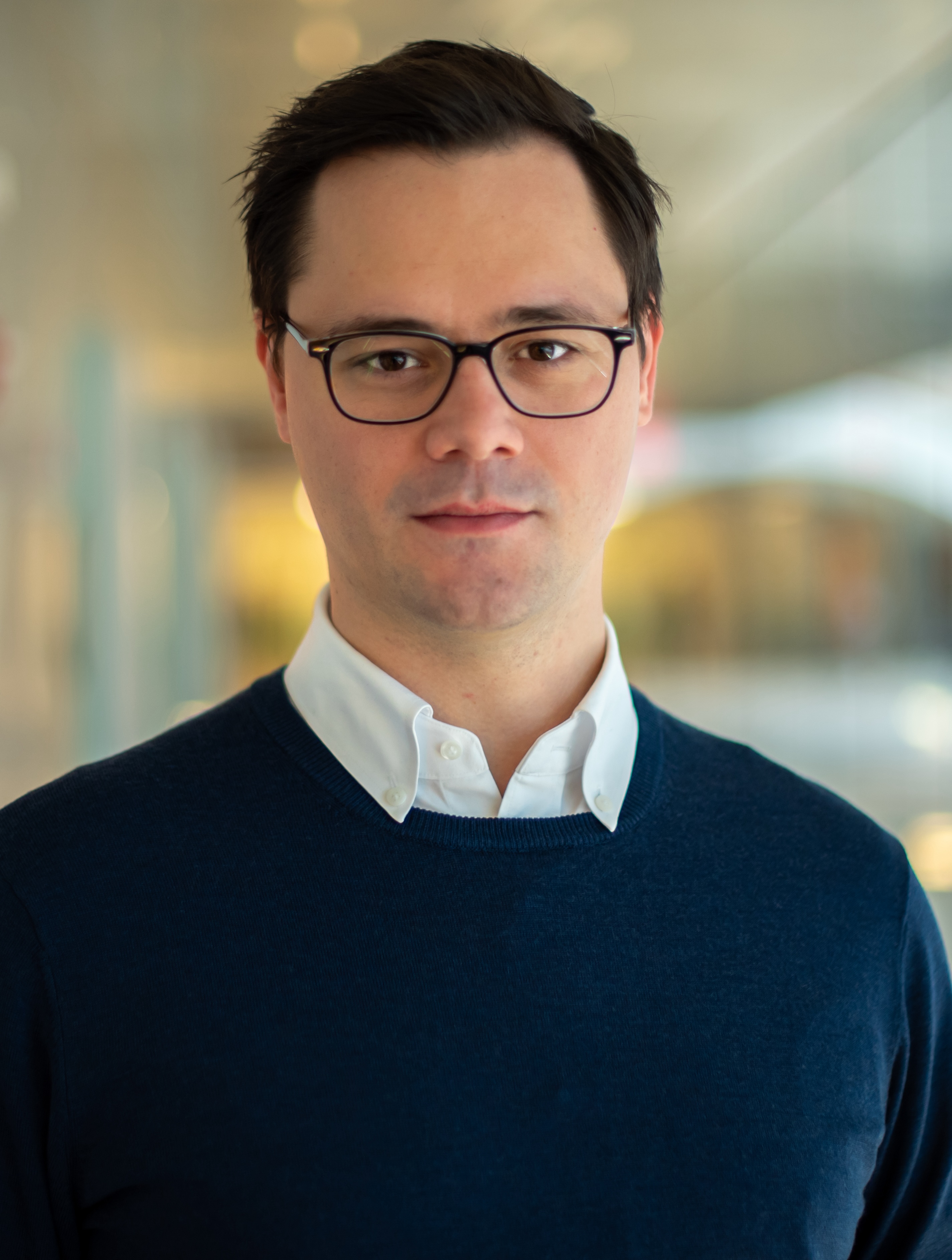 Bio:
Bio: Vladimir Dvorkin is an Assistant Professor of Electrical Engineering and Computer Science at the University of Michigan. He earned his Ph.D. from the Technical University of Denmark and held postdoctoral and visiting positions at MIT and Georgia Tech. His research spans power system operations, electricity markets, and their intersection with optimization, machine learning, and energy economics. His work has earned multiple honors, including the Marie Skłodowska-Curie Actions and Iberdrola Group fellowships and the IEEE Transactions on Power Systems Best Paper Award.
Panelists:
Ayse Coskun, Chief Scientist at Emerald AI, Director of CISE, Hariri Institute Core Faculty, Professor of Engineering (ECE, SE)
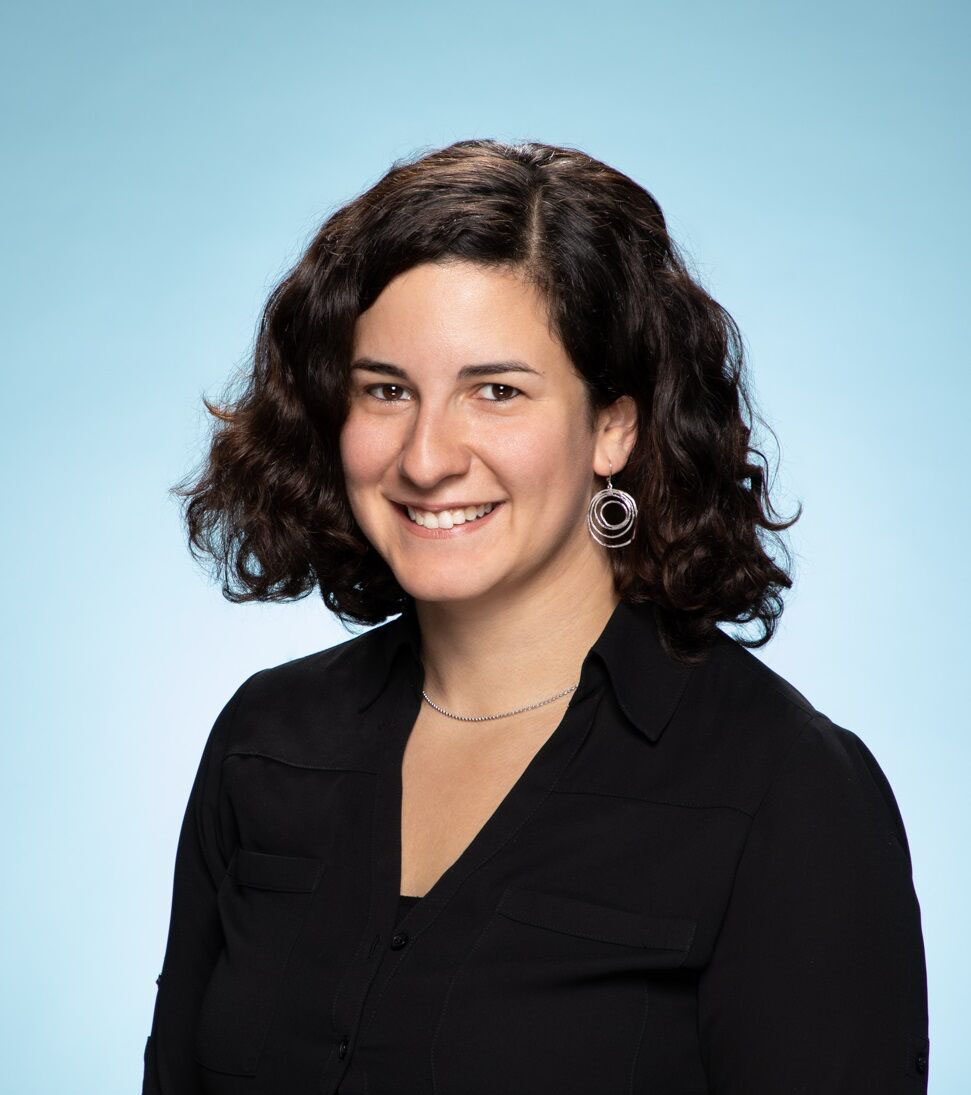 Bio:
Bio: Prof. Ayse K. Coskun is a full professor at Boston University (BU) at the Electrical and Computer Engineering Department, where she leads the Performance and Energy Aware Computing Laboratory (PeacLab) to solve problems towards making computer systems more intelligent and energy-efficient. Coskun is also the Director of the Center for Information and Systems Engineering (CISE) at BU, a research center themed on intelligent systems. Coskun’s research interests intersect design automation, large-scale computer systems, and applied machine learning. Her research outcomes are culminated in several technical awards, including the IEEE CEDA Ernest Kuh Early Career Award, an IBM Faculty Award, and an IEEE TCAD Donald O. Pederson Best Paper Award. Coskun currently serves as the Deputy Editor-in-Chief of the IEEE Transactions on Computer Aided Design. Coskun recently took on the Chief Scientist role at Emerald AI to implement flexible computing at scale in real-world data centers. Coskun received her PhD degree in Computer Engineering from University of California San Diego.
Keith Benes, Former Senior Advisor, DOE Office of Policy
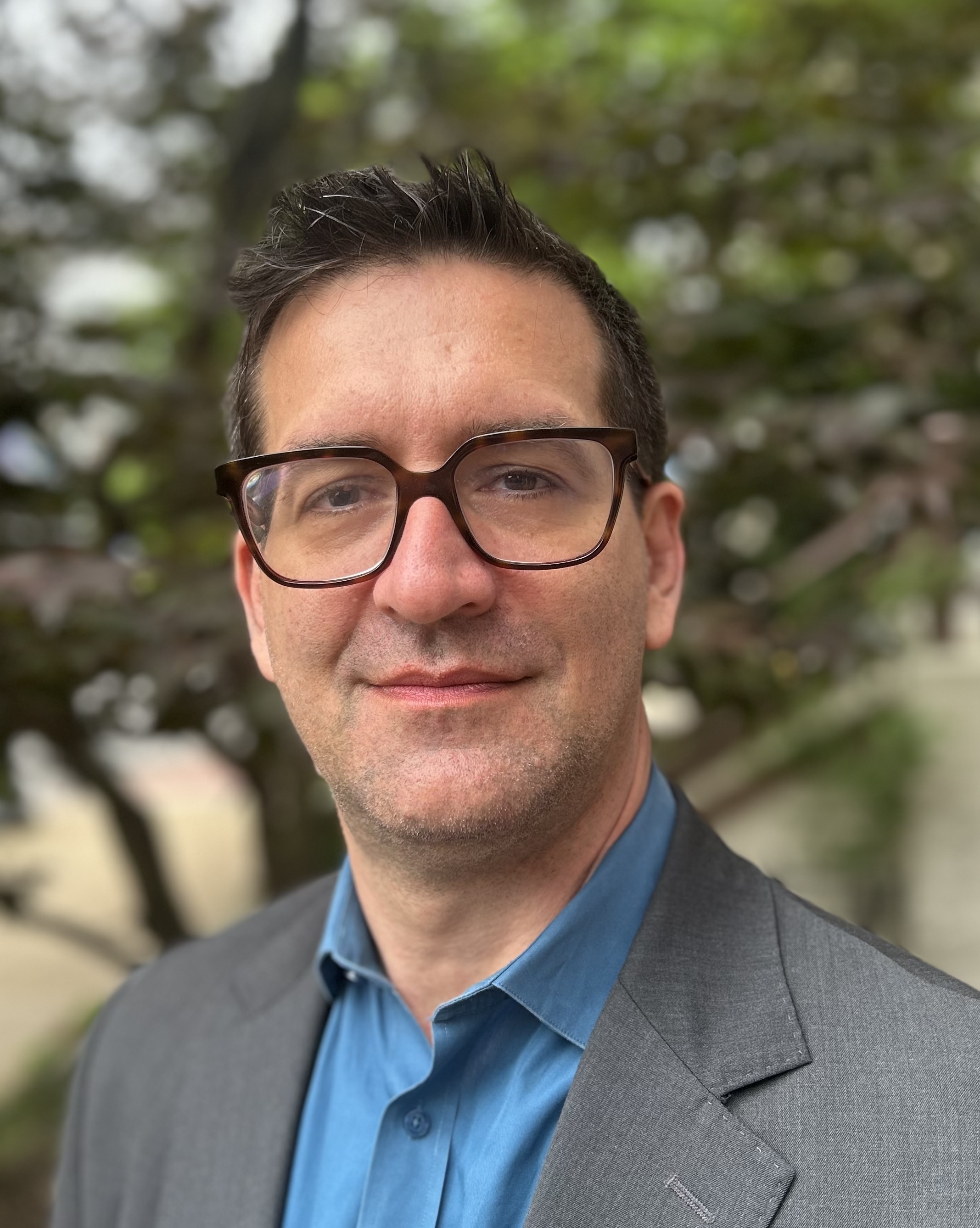 Bio:
Bio: Mr. Benes is a Former Senior Advisor in the Office of Policy of the U.S. Department of Energy. In that role Mr. Benes counseled on improving siting and permitting for energy infrastructure, launched the PermitAI project to develop AI tools to accelerate permitting reviews, and served as a member of DOE’s Data Center team. Before starting at the Department of Energy, Mr. Benes provided strategic environmental advisory services to nongovernmental organizations, Fortune 100 companies, and governments (from the local to international level). He also served for a decade as an Attorney-Adviser in the U.S. Department of State where his portfolio included advising on climate change negotiations in the UNFCCC and serving as the Department’s lead attorney for permitting reviews of cross-border infrastructure. Mr. Benes holds a Juris Doctor Degree from Georgetown Law and a Masters of Law from the London School of Economics.
Tongxin Zheng, Chief Technologist, ISO New England, Inc.
 Bio:
Bio: Tongxin Zheng is the Chief Technologist at ISO New England, Inc. He is the head of Advanced Technology Solutions department and responsible for research and development in wholesale electricity market design, power system operations, smart grid, and emerging technologies. He received his Ph.D. degree from Clemson University in electrical engineering in 1999 and is a fellow of IEEE.
Barry Ahern, Director of Transmission Planning, Asset Management and Engineering for National Grid in New England
 Bio:
Bio: Barry Ahern is the Director of Transmission Planning, Asset Management and Engineering for National Grid in New England. With over 20 years at the company, he has worked in a variety of different capacities. All roles have ultimately been centered on ensuring value for customers, from the effective integration DER, to the implementation of complex FERC Orders, in a landscape of every changing system needs. Barry has been published with CIGRE, IEEE and EPRI, holds a Professional Electrical Engineer License, and is a Chartered Engineer with the Institute of Engineering and Technology.
For administrative questions, please email Katherine D’Angelo, Assistant Director, Programs & Events, at ktd@bu.edu.
